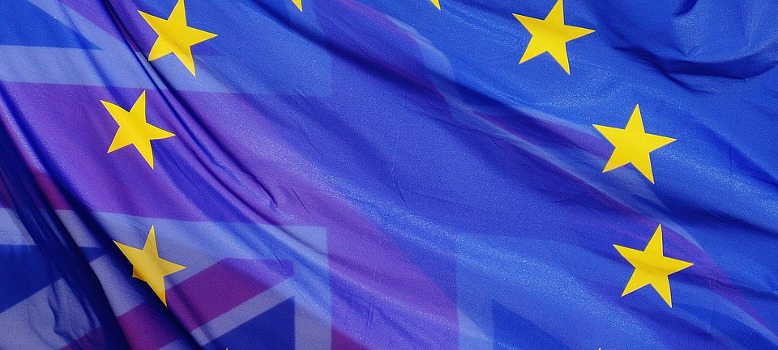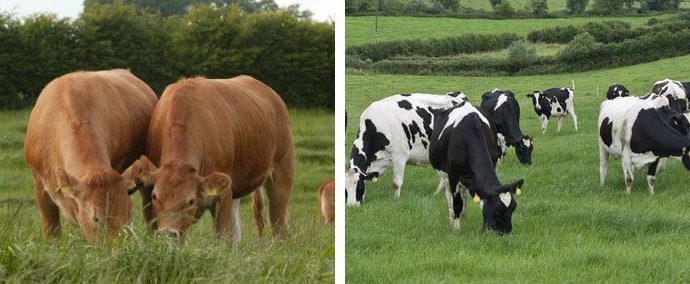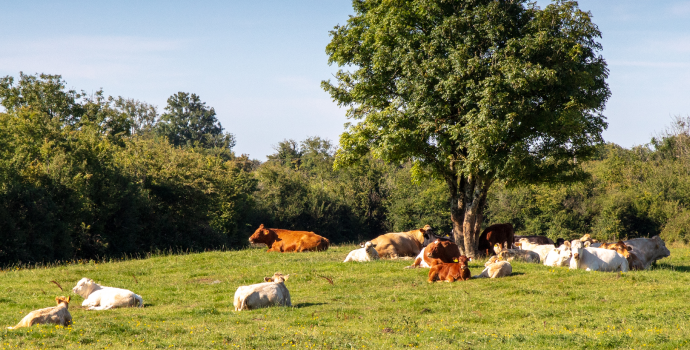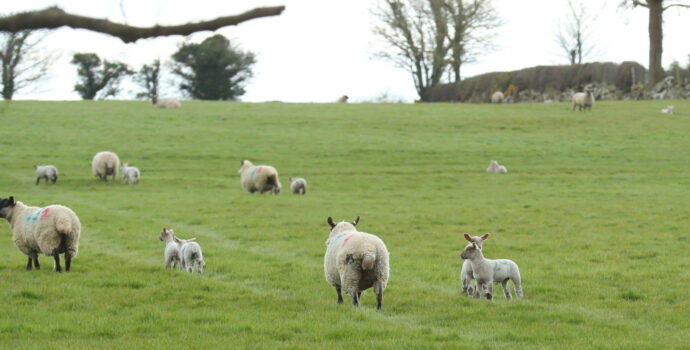IFA Sets out Major Challenges for Minister Creed in Phase 2 of Brexit

While the conclusion of the first phase of the Brexit negotiations was positive and welcome, the outcome of Phase 2 will determine the fate of Irish food exports to our largest market, the UK, with serious implications for farming.
This was the key challenge IFA dairy and livestock leaders put to Minister for Agriculture, Michael Creed and the Department of Agriculture at a meeting of the Stakeholders Brexit Consultative Committee in Dublin this week.
The IFA National Dairy Chairman Tom Phelan and National Livestock Chairman Angus Woods attended the Brexit meeting and made it very clear that Minister Creed must deliver a positive outcome with full unimpeded market access to the UK for agriculture and farming in the negotiations on the post-Brexit relationship agreement between the EU and the UK.
IFA National Dairy Chairman Tom Phelan said, “Keeping an ‘invisible’ border between Northern Ireland and the Republic is crucial for our integrated agri-food sector and dairy industry. Maintaining the east-west trade flows may be even more important as the UK accounts for 35% of our food exports, with cheddar cheese, beef, poultry, pig and sheep meat especially dependent on British sales.
“Not only is continued access critical post-Brexit, ensuring that the value of the UK market is not undermined by imports from third countries is key. Minister Creed must press for the EU to demand that, as an agreed part of the future relationship between the UK and the EU, trade deals cannot be made by the UK that would allow for cheaper and lower standard products from outside the EU to be imported into the British market, displacing Irish and EU quality foods”.
Focusing on Tariff Rate Quotas ( TRQ), which typically form part of trade deals and allow imports of certain products at low or zero tariffs, IFA National Livestock Chairman Angus Woods added, “Trade deals made over the years by the EU involved all member states, with the UK benefiting to varying degrees. The UK’s exit must give rise to a recalculation of the TRQs agreed under the main trade deals for beef and other agricultural products, to ensure the other 27 member states do not end up having to continue importing post Brexit what the UK would have consumed.
“Also, pre-existing tariff-free import quotas of lamb and butter from New Zealand, which were brought into the EU by the UK when it joined in 1973, must also be reallocated in a manner that reflects actual utilisation in recent years,” Angus Woods said.
IFA will continue to lobby at home, in Brussels, and all around the EU to press for continued, unimpeded access to the valuable UK market for Irish food exports.




